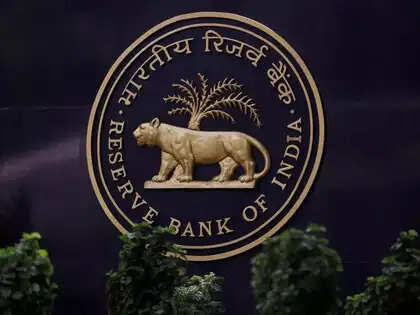RBI Caps FEMA Violation Penalty to ₹2 Lakh
Recently, the Reserve Bank of India (RBI) implemented changes to the Foreign Exchange Management Act (FEMA) regulations. The RBI capped penalties for FEMA violations at ₹2 lakh. This new cap replaces the previous system where penalties were calculated as a percentage of the violation amount. The move aims to ease compliance burdens for individuals and corporations.
About FEMA
The Foreign Exchange Management Act was enacted in 1999. It replaced the Foreign Exchange Regulation Act (FERA) of 1973. FEMA regulates foreign exchange transactions in India. It aims to facilitate external trade and payments while promoting orderly development and maintenance of the foreign exchange market.
Key Changes in Penalty Structure
Previously, penalties for FEMA violations ranged from 0.30% to 0.75% of the violation amount. The new cap of ₹2 lakh applies to various contraventions. This includes breaches related to the Liberalised Remittance Scheme (LRS), export timelines, and gifting high-value shares without RBI permission.
Implications for Individuals and Corporations
The rationalisation of penalties reduces the financial burden on violators. It allows for a more manageable compliance process. Experts believe this change will encourage better adherence to regulations. It also aims to encourage a more conducive environment for foreign investments.
Nature of Violations Covered
The capped penalties apply to several specific violations. These include:
- Failure to reinvest LRS proceeds within 180 days.
- Not completing exports within one year of advance receipts.
- Gifting high-value shares to non-resident relatives without prior approval.
Background of FEMA and FERA
FERA was introduced in a time of low foreign exchange reserves. It imposed strict regulations on foreign exchange transactions. However, it was replaced by FEMA to align with the liberalisation policies post-1991. FEMA transformed many offences from criminal to civil, making compliance easier for individuals.
Features of FEMA
FEMA empowers the Government of India to regulate payments to and from foreign entities. It mandates that all financial transactions involving foreign securities must be conducted through authorised persons. The act also allows the government to restrict foreign exchange dealings for public interest.
Relationship with Other Laws
FEMA works in conjunction with other regulations such as the Prevention of Money Laundering Act, 2002. These laws collectively aim to ensure transparency and integrity in financial transactions involving foreign exchange.
Month: Current Affairs - April, 2025
Category: GS-III-Economic Development


